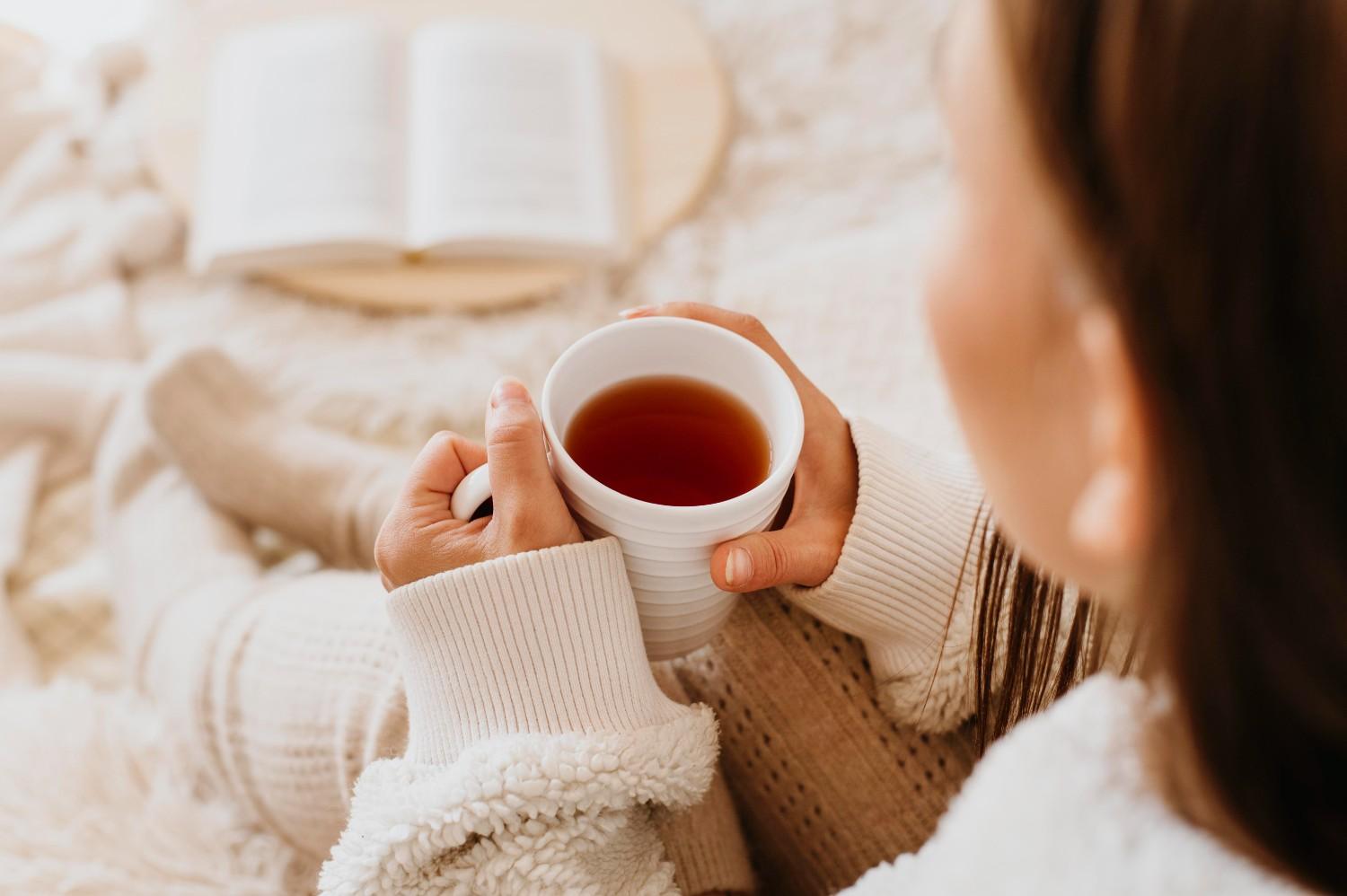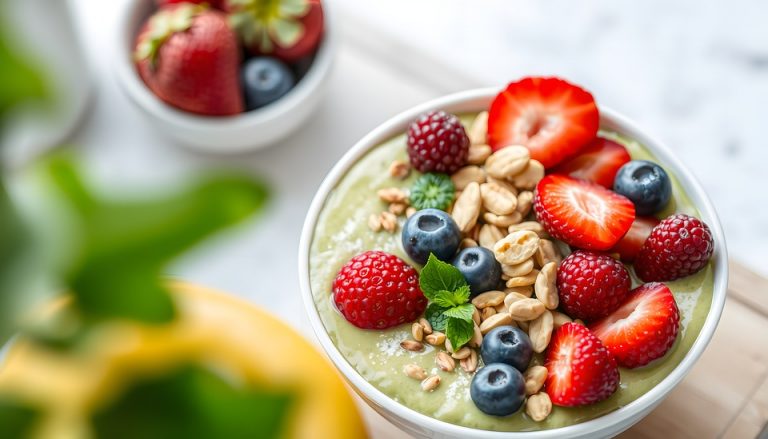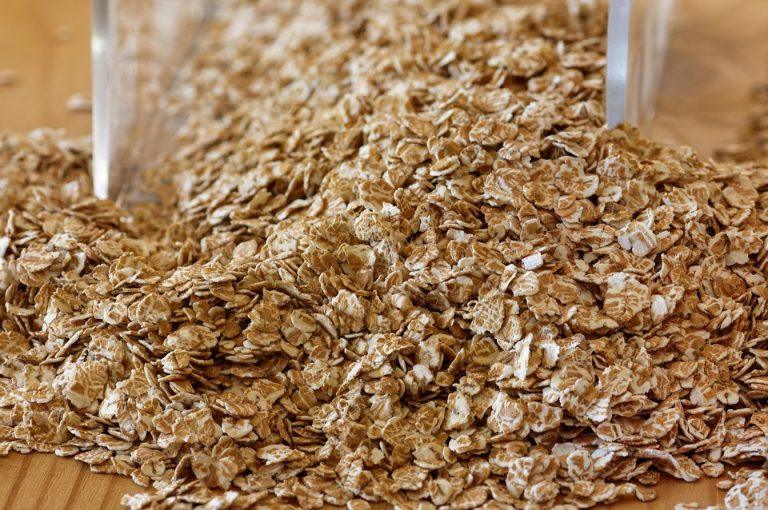Have you ever tossed and turned, staring at the ceiling, wondering why sleep seems to elude you? You’re not alone. In our fast-paced world, anxious thoughts can keep many of us awake at night. But what if I told you that a warm cup of tea could be the gentle nudge your body needs to drift off into dreamland? While there are countless herbal remedies out there, today I’m focusing on five soothing teas that can help you sleep like a baby tonight.
Contents
1. Chamomile Tea
Why It Works
Chamomile tea is probably the most well-known herbal remedy for sleep. It’s made from the dried flowers of the chamomile plant, and its calming properties have been celebrated for centuries. The active ingredient, apigenin, is an antioxidant that binds to certain receptors in your brain, promoting relaxation and sleepiness.
The Pros
- Natural Sedative: Chamomile is often called a natural sedative. It may help reduce anxiety, making it easier to unwind at night.
- Digestive Aid: If you tend to have late-night snacks that don’t sit well, chamomile can help soothe your stomach.
The Cons
- Allergic Reactions: Some people may experience allergic reactions, especially those allergic to ragweed.
- Mild Blood Thinning: Chamomile can have a mild blood-thinning effect, so consult with your doctor if you’re on blood thinners.
How to Enjoy It
Brew a cup of chamomile tea about 30 minutes before bed. You can enhance its flavor with a drizzle of honey or a splash of lemon if you like.
2. Lavender Tea
Why It Works
Lavender isn’t just for your grandma’s pillow; it’s a powerhouse when it comes to relaxation. The scent of lavender is known to reduce anxiety and improve sleep quality. Drinking lavender tea can have similar effects, thanks to its calming aroma and properties.
The Pros
- Aromatherapy Benefits: The scent of lavender can help lower heart rates and blood pressure, making it easier to relax.
- Mood Booster: Lavender has been shown to reduce symptoms of depression and anxiety, which can be beneficial if your mind races at night.
The Cons
- Taste: Not everyone loves the floral taste of lavender. It can be an acquired taste.
- Pregnancy Concerns: Pregnant women should consult their healthcare provider before consuming lavender tea.
How to Enjoy It
Steep dried lavender flowers in hot water for about 5–10 minutes. You can mix it with chamomile for an extra calming effect.
3. Valerian Root Tea
Why It Works
Valerian root has been used for centuries as a natural sleep aid. Its sedative properties can help you fall asleep faster and improve sleep quality. It’s often used in herbal supplements, but tea can be just as effective.
The Pros
- Quick Results: Some people report feeling the effects of valerian root after just a few days of use.
- Non-Habit Forming: Unlike some sleep medications, valerian root is non-habit forming.
The Cons
- Taste: Valerian root has a strong, earthy taste that some may find unappealing.
- Drowsiness: It can cause drowsiness the next day, so it’s best to avoid it if you need to be alert in the morning.
How to Enjoy It
Brew valerian root tea for about 10 minutes. You can mix it with honey or lemon to mask the taste.
4. Lemon Balm Tea
Why It Works
Lemon balm, a member of the mint family, has been used since the Middle Ages to reduce stress and anxiety. Its mild sedative effects can help improve sleep quality.
The Pros
- Cognitive Benefits: Lemon balm can enhance mood and cognitive function, which might help you relax before bed.
- Versatile: It can be enjoyed hot or iced, making it a year-round favorite.
The Cons
- Mild Side Effects: Some people may experience nausea or stomach upset.
- Interference with Thyroid Medications: If you’re on thyroid medication, consult your doctor before consuming lemon balm.
How to Enjoy It
Steep lemon balm leaves in boiling water for 5–7 minutes. Add a bit of honey for sweetness.
5. Passionflower Tea
Why It Works
Passionflower is another herbal remedy that has gained attention for its soothing effects. It’s believed to increase levels of gamma-aminobutyric acid (GABA) in the brain, which helps reduce anxiety and improve sleep.
The Pros
- Effective for Anxiety: Some studies suggest that passionflower can be effective in reducing anxiety, making it easier to fall asleep.
- Natural and Non-Habit Forming: Like the other teas listed, it’s a natural alternative to prescription sleep aids.
The Cons
- Drowsiness: As with valerian, it can cause drowsiness the next day.
- Allergic Reactions: Some people may experience allergic reactions, so start with a small amount.
How to Enjoy It
Brew passionflower tea for about 10 minutes. It pairs well with honey or a slice of ginger for added flavor.
FAQs
1. Can I mix different teas together for better results?
Absolutely! Many people enjoy blending teas like chamomile and lavender for a more potent calming effect. Just be mindful of the flavors and how they might interact.
2. How long before bed should I drink tea?
Ideally, you should aim to drink your tea about 30 minutes to an hour before bedtime to allow your body to relax.
3. Are there any side effects to these teas?
While most people tolerate these teas well, some may experience mild side effects like drowsiness or digestive upset. It’s always a good idea to start with a small amount to see how your body reacts.
4. Can these teas replace sleep medications?
While these teas can be helpful, they shouldn’t replace any prescribed medications without consulting a healthcare provider. Always discuss any changes to your health routine with a qualified professional.
Conclusion
Finding the right tea to help you sleep can be a delightful journey. Whether you prefer the floral notes of chamomile or the earthy tones of valerian root, there’s a calming option for everyone. Experimenting with these soothing teas could be just what you need to transform your bedtime routine. So tonight, let a cup of tea be your gentle guide into a peaceful slumber.
Sleep tight, and may your dreams be sweet!
References
- Zick, S. M., et al. (2011). “Chamomile and its potential effects on sleep.” Journal of Clinical Sleep Medicine, 7(3), 262-266. https://jcsm.aasm.org/doi/10.5664/jcsm.1036
- Goel, N., et al. (2005). “Effects of lavender aromatherapy on sleep quality and anxiety in women with postpartum depression.” Journal of Alternative and Complementary Medicine, 11(1), 83-93. https://doi.org/10.1089/acm.2005.11.83
- Coon, J. T., & Ernst, E. (2006). “Herbal medicines for the treatment of insomnia: A systematic review of randomized clinical trials.” Sleep Medicine, 7(3), 249-259. https://doi.org/10.1016/j.sleep.2005.09.007
This article is for educational purposes only and is not a substitute for professional medical advice. Always consult a qualified healthcare provider before making changes to your health routine.
Get Your FREE Natural Health Guide!
Subscribe now and receive our exclusive ebook packed with natural health tips, practical wellness advice, and easy lifestyle changes, delivered straight to your inbox.




